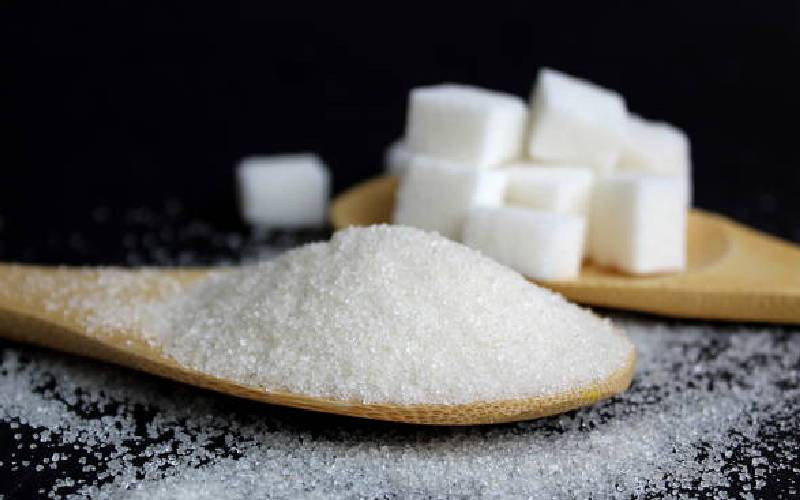×
The Standard e-Paper
Home To Bold Columnists

The World Health Organisation (WHO), in a fresh inquiry, has understated the influence of non-sugar sweeteners (NSS) on health in the long term.
Non-sugar sweeteners are frequently used in the foods and drinks industry. The products are marketed as low-calorie, sugar-free, or diet. People looking to reduce calorie intake, prevent weight gain, control blood sugar levels and manage diabetes often use non-sugar sweeteners in place of sugar.